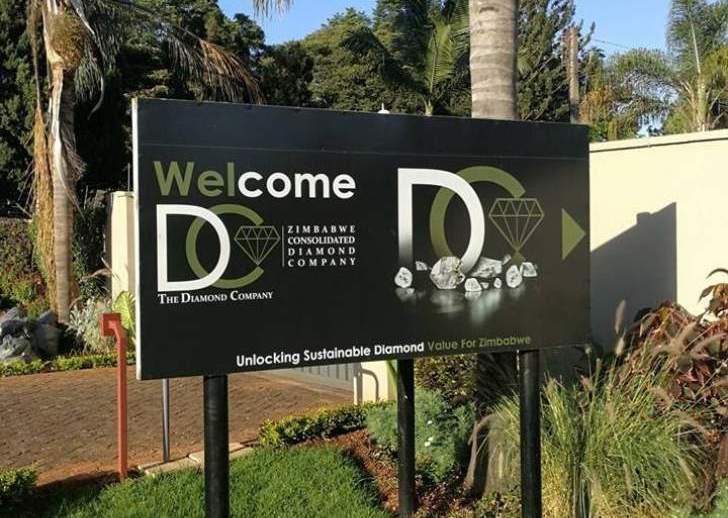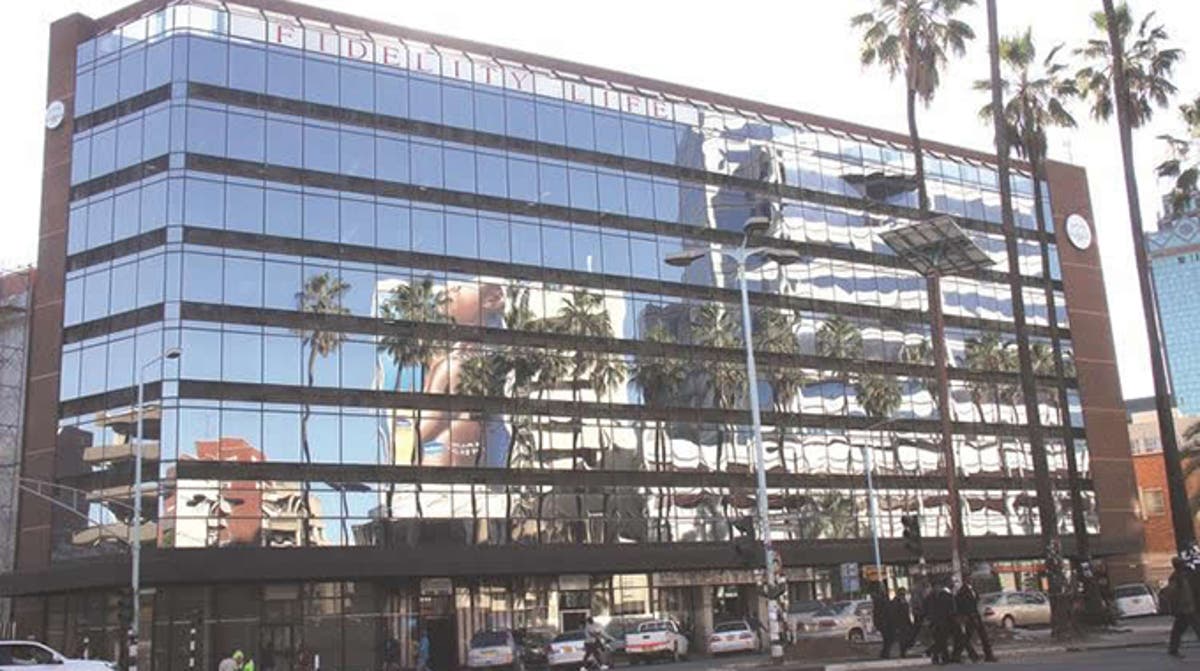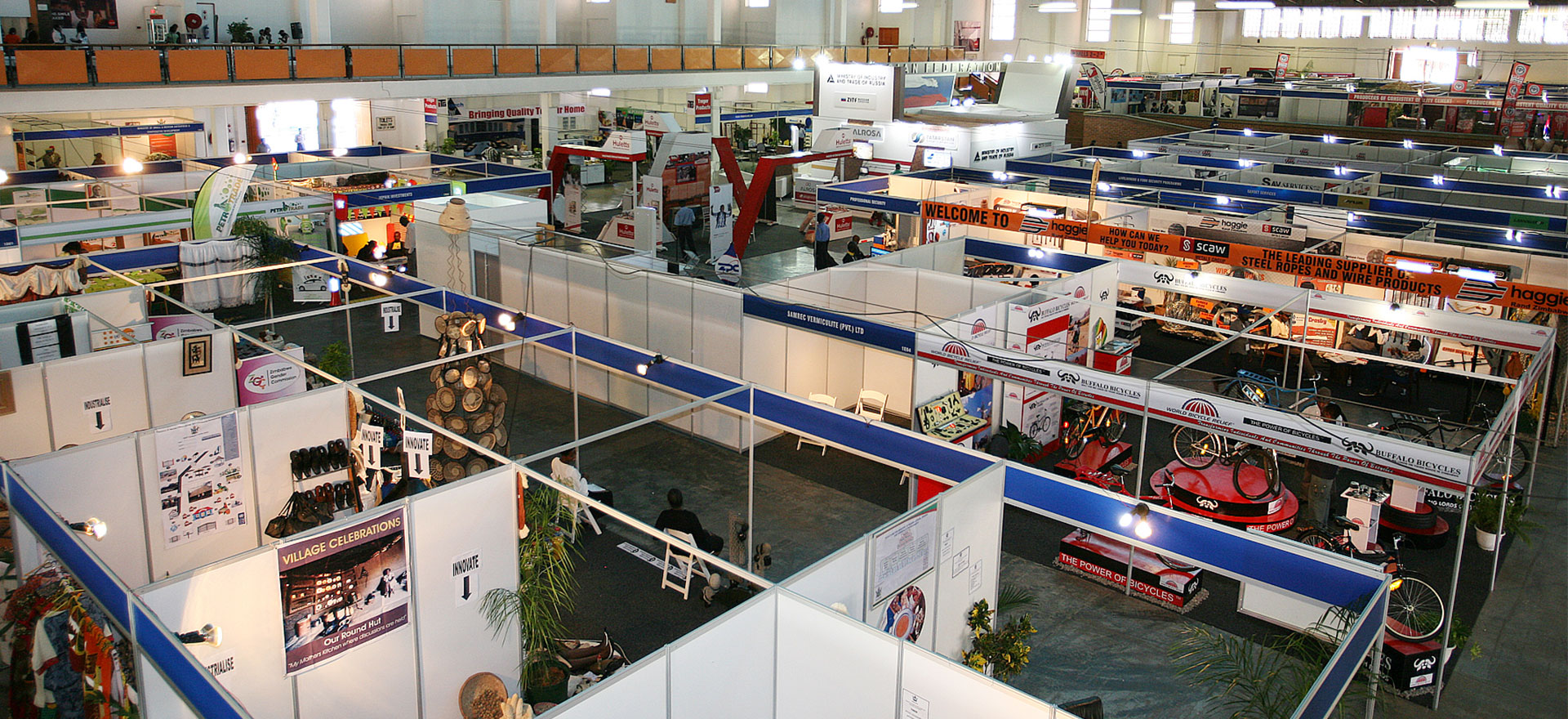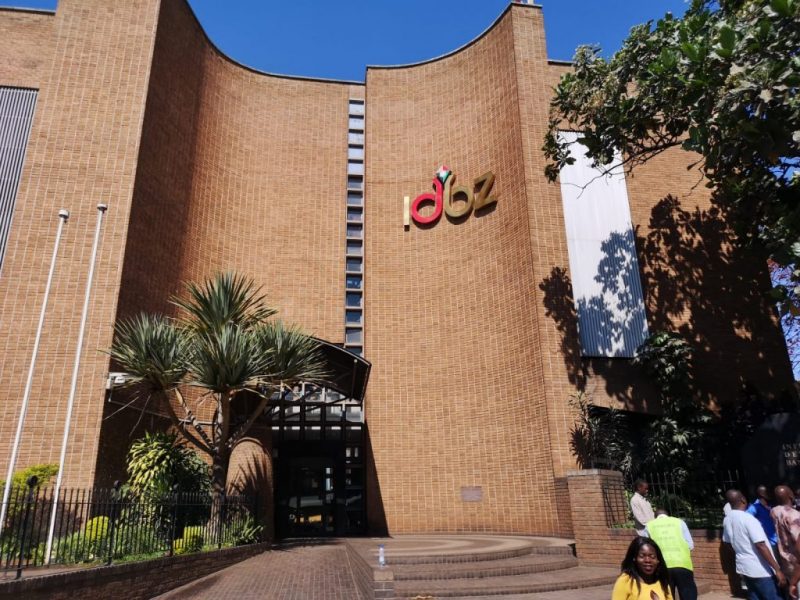Tax measures good, but there is room for review, Mthuli
New tax measures contained in the 2025 National Budget have some green aspects aimed at supporting the economy but still have windows for review in January and during the time of the midterm review, according to Finance, Economic Development and Investment Promotion Minister, Professor Mthuli Ncube.
This assertion follows various issues of concern that were raised by different business member organisations, economists and tax experts at a Business Weekly – organised 2025 Post-Budget meeting held on Monday.
Mthuli said in other instances the Government already is undertaking studies to see the impact of certain taxes on businesses.
“We have directed Treasury to do a study on the impact of the Intermediary Money Transfer Tax (IMTT) on businesses and we are ready to review based on the results of the studies. Therefore, I encourage more businesses to come forth with their submissions on the impact of the IMTT.
“We have January and the mid-term policy review, where we could make some adjustments based on actual facts on the ground,” he said.
Industry and business contend that the 2 percent IMTT tax has had a negative impact on businesses performance, reducing profit margins, sales and competitiveness.
They also say the IMTT has contributed to increased overheads, including staff costs, electricity charges, rentals, bank charges, cleaning expenses and security charges.
The finance minister said the taxes are for the good of the economy in terms of health, protecting local industries and the environment.
Mthuli noted that he has been under pressure to close companies that produce plastic bags, but due to the need not to close companies, opted for a surtax charge on all plastic bags.
“The budget has got some green aspects, such as tax on carrier bags. In other countries they have banned those plastic bags, but over the years I have resisted that ban, but there has been a push; hence I said, no, we would rather have a surtax on and not kill industries,” he said.
Mthuli said even the tax on healthy living on fast foods is a progressive tax that will be deployed on the health sector.
“We saw that there is likely to be limited funding in the health sector due to changes happening on the global landscape. Therefore, the funds raised through the food taxes will go a long way in bridging some of the gaps,” he said.
Mthuli added that promoting and incentivising the development and investment of charging stations for electric vehicles is also progressive green taxes that most nations have been looking into and Zimbabwe is no different.
The Minister said the fiscal plan proposed to provide incentives for local manufacturing, particularly in the automotive sector, which includes cars and buses and this initiative is part of broader efforts to stimulate local industry and reduce dependence on imports.-ebsiensweekl










